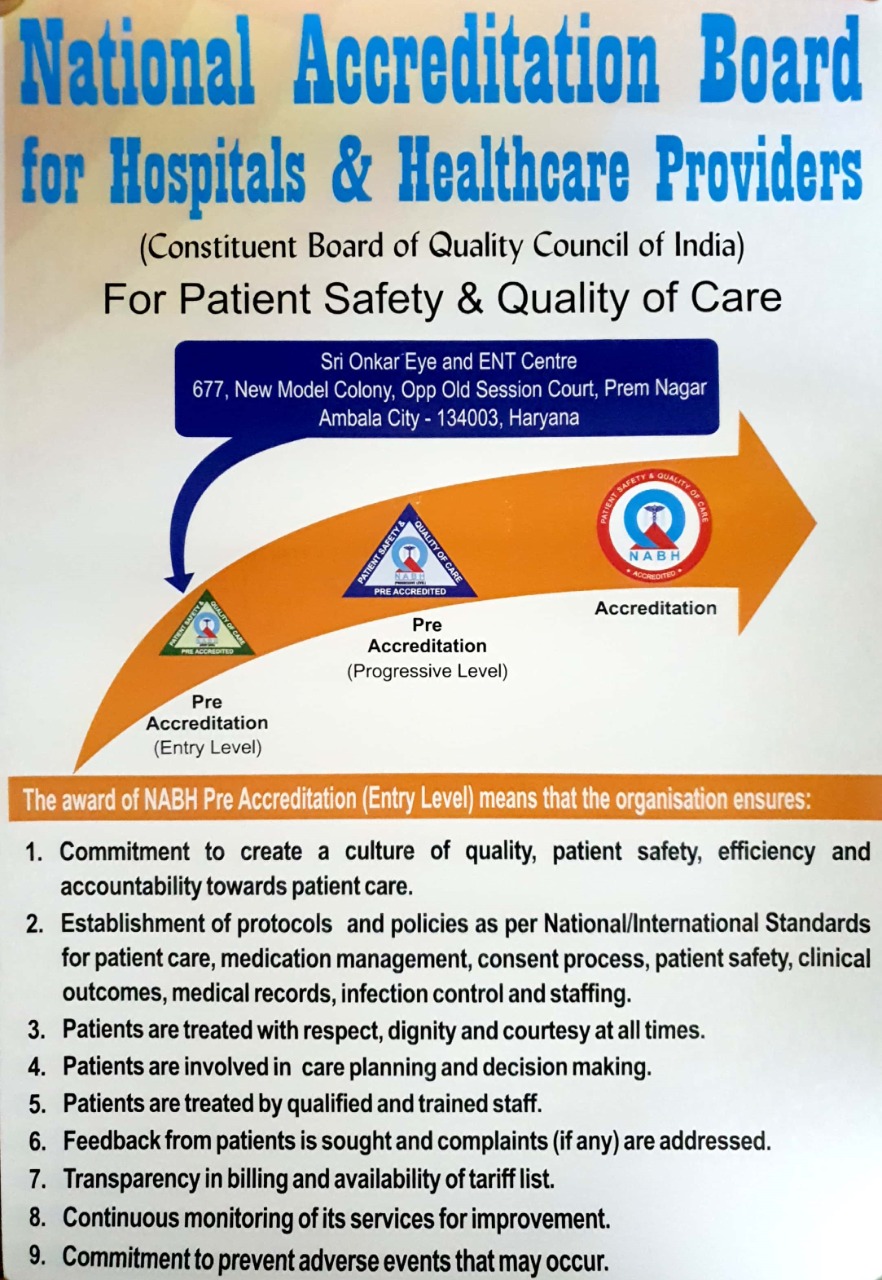Overview
Nasal polyps are soft, painless, noncancerous growths on the lining of your nasal passages or sinuses. They hang down like teardrops or grapes. They result from chronic inflammation and are associated with asthma, recurring infection, allergies, drug sensitivity or certain immune disorders.
Small nasal polyps may not cause symptoms. Larger growths or groups of nasal polyps can block your nasal passages or lead to breathing problems, a lost sense of smell and frequent infections.
Nasal polyps can affect anyone, but they’re more common in adults. Medications can often shrink or eliminate nasal polyps, but surgery is sometimes needed to remove them. Even after successful treatment, nasal polyps often return.

Nasal polyps are associated with irritation and swelling (inflammation) of the lining of your nasal passages and sinuses that lasts more than 12 weeks (chronic sinusitis).
However, it’s possible to have chronic sinusitis without nasal polyps.
Nasal polyps themselves are soft and lack sensation, so if they’re small, you may not be aware you have them. Multiple growths or a large polyp may block your nasal passages and sinuses.
Common signs and symptoms of chronic sinusitis with nasal polyps include:
Any condition that triggers long-term irritation and swelling (inflammation) in your nasal passages or sinuses, such as infections or allergies, may increase your risk of developing nasal polyps.
Conditions often associated with nasal polyps include:
- Asthma, a disease that causes the airway to swell (inflame) and narrow
- Aspirin sensitivity
- Allergic fungal sinusitis, an allergy to airborne fungi
- Cystic fibrosis, a genetic disorder that results in abnormally thick, sticky fluids in the body, including thick mucus from nasal and sinus linings
- Churg-Strauss syndrome (eosinophilic granulomatosis with polyangiitis), a rare disease that causes the inflammation of blood vessels
- Vitamin D deficiency, which occurs when your body doesn’t have enough vitamin D
Your family history also may play a role. There’s some evidence that certain genetic variations associated with immune system function make you more likely to develop nasal polyps.
Nasal polyps can cause complications because they block normal airflow and fluid drainage, and also because of the long-term irritation and swelling (inflammation) underlying their development.
Potential complications include:
- Obstructive sleep apnea: This is a potentially serious condition in which you stop and start breathing frequently during sleep.
- Asthma Flare-Ups: Chronic sinusitis can worsen asthma.
- Sinus Infections: Nasal polyps can make you more susceptible to sinus infections that recur often.


